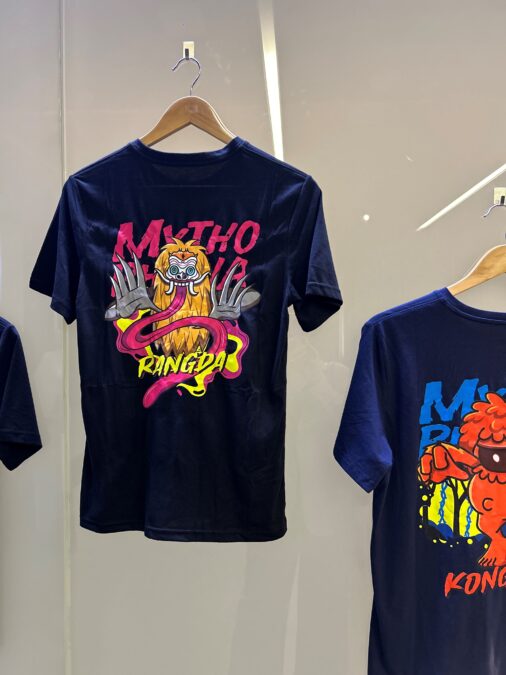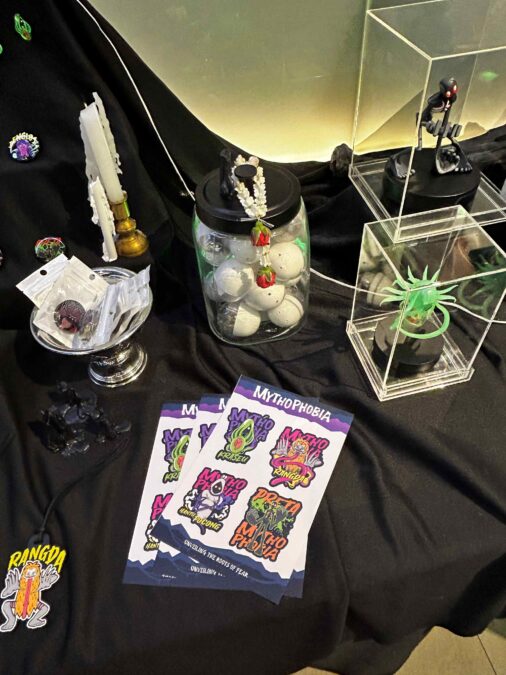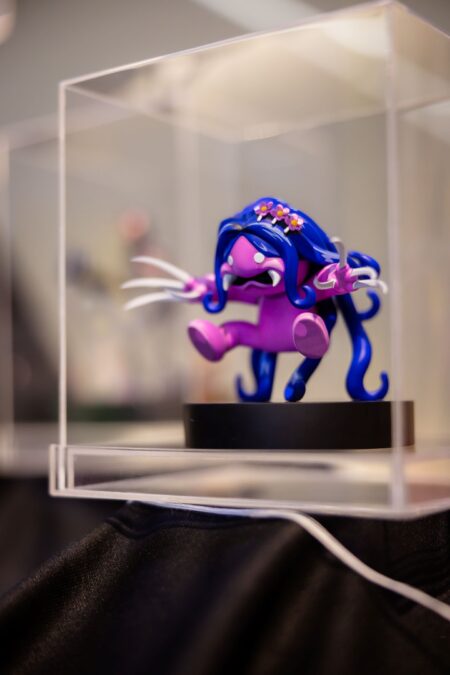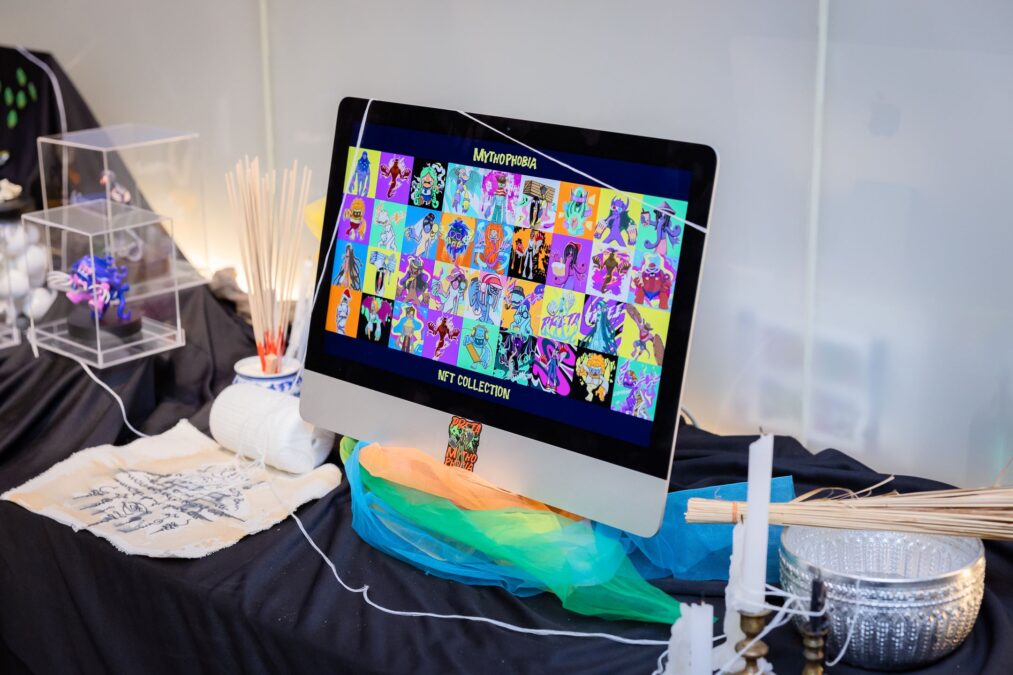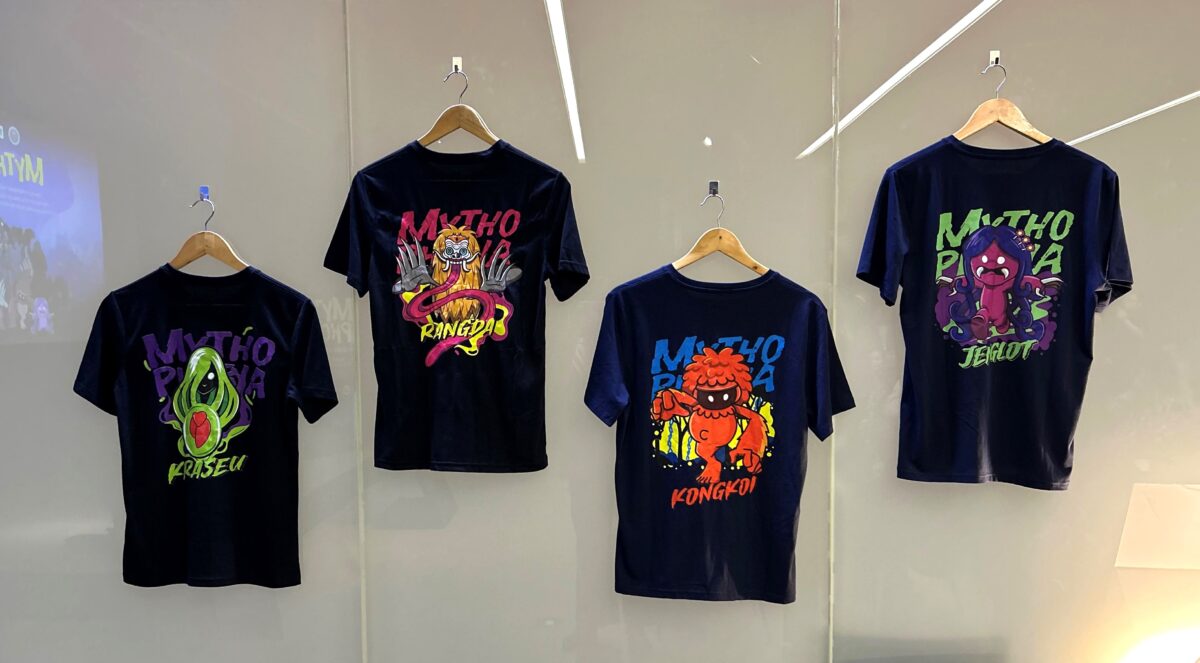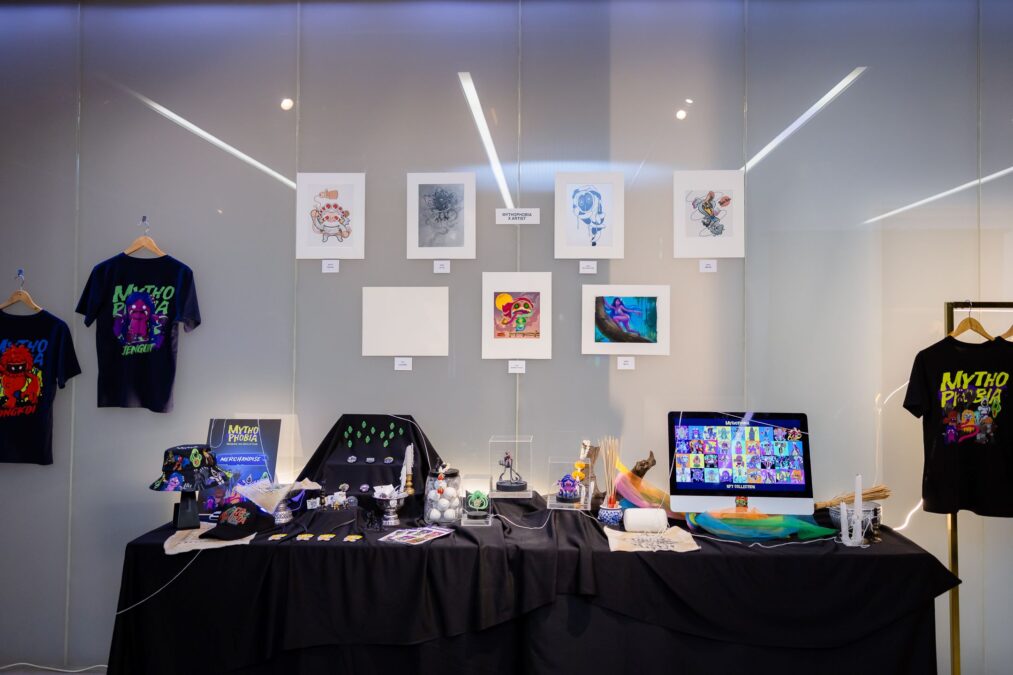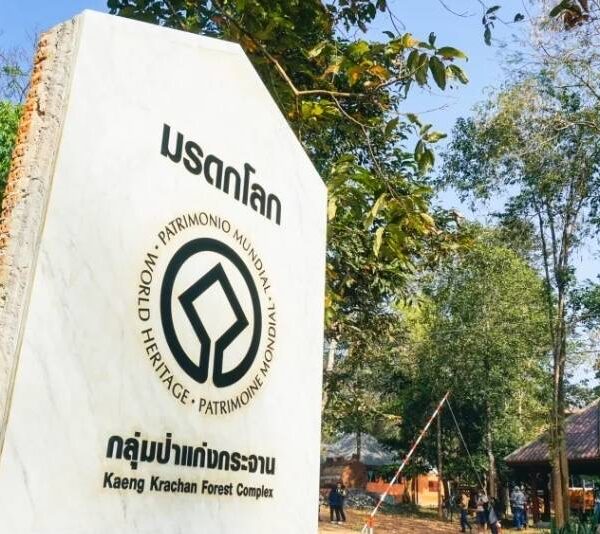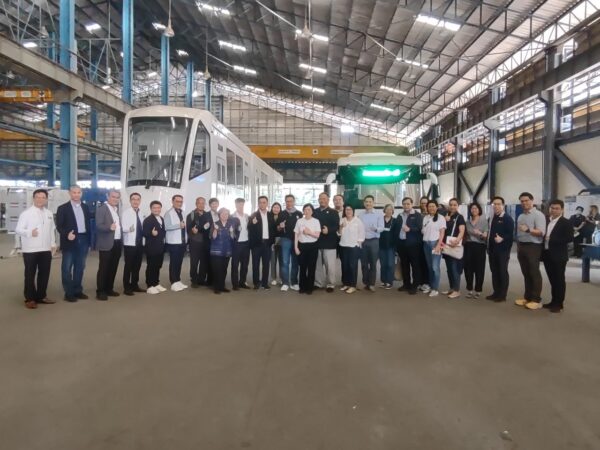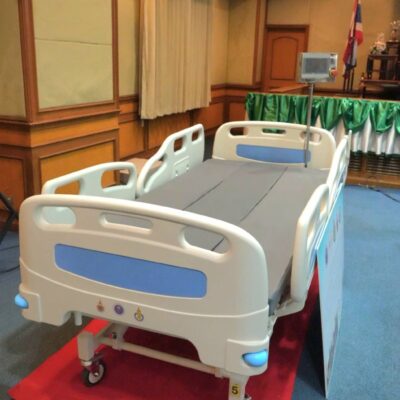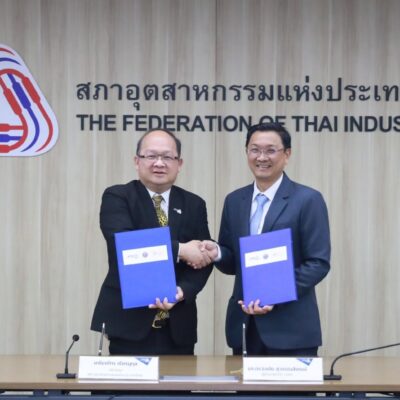Ready to build on the creation of digital products and assets, promoting a creative economy model that drives the Thai digital content industry towards global stage.
Program Management Unit for Competitiveness (PMUC) recognizes the importance of promoting and supporting “Soft Power” and the creative economy in digital content, rooted in Thai culture, for the international market. It has funded the research project “Mythophobia” or “ASEAN Ghosts” involving five cultures from seven countries, transitioning from a universe of ghosts to the Metaverse of ASEAN Ghosts.
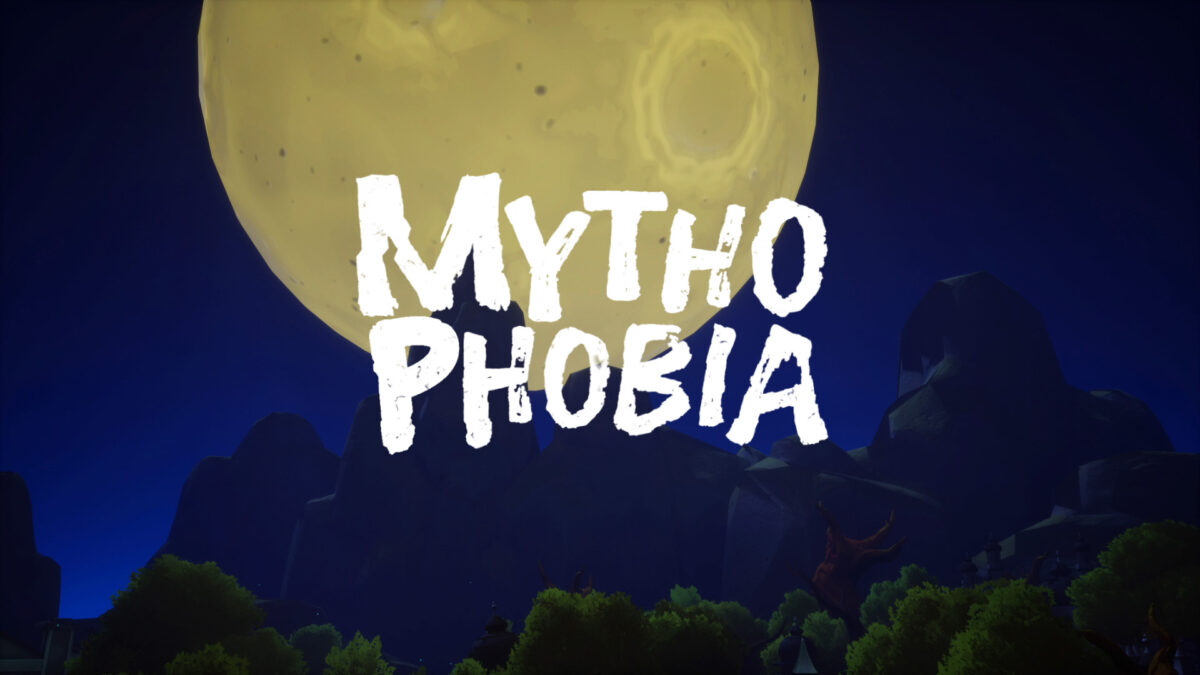
Associate Professor Chalida Brompichaichartkul, Ph.D., Deputy Director of the PMUC, stated that this project received research funding from the Science, Research, and Innovation Fund through the Global Partnership Program of the PMUC. This aligns with the PMUC’s mission to support funding for research that meets the needs of users, entrepreneurs, or consumers, driving commercial use. It also includes linking technology transfer from abroad or strengthening Thailand’s technology transfer to neighboring countries. The “ASEAN Ghosts” project exemplifies a model of driving the creative economy rooted in various dimensions of Thai culture, extending its impact to ASEAN countries, and promoting the commercial use of Thai Soft Power.

Associate Professor Prasopchai Phatrojanasophon, Ph.D., Vice President for Research at Silpakorn University, said that Silpakorn University is a leading creative university, excelling in arts, research, and creative inventions across multiple disciplines. It has received support from the PMUC for the “Mythophobia” project, “ASEAN Ghosts,” involving five cultures from seven countries, transitioning from a universe of ghosts to the Metaverse of ASEAN Ghosts. This project aims to drive continuous growth in Thailand’s digital content industry.
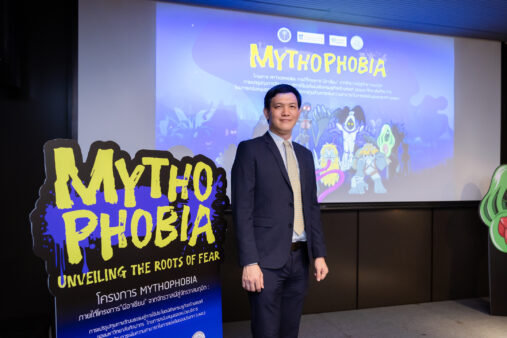
Assistant Professor Natthaphon Kanchanapoom, Ph.D., Head of Research Project and Dean of the Faculty of Information and Communication Technology at Silpakorn University, discussed the origin of this research project:
“Recognizing the value and importance of the shared ‘ghost’ culture in ASEAN countries and its potential to transform cultural capital into the ASEAN Ghost Metaverse, which creates new experiences for game enthusiasts and those interested in ghost stories, leading to the creation of communities in both the virtual and real world. This project studied the ‘ghost’ culture in seven ASEAN countries: Thailand, Laos, Cambodia, Myanmar, Vietnam, Malaysia, and Indonesia, using data sources to analyze the connection between culture and creativity in various aspects, leading to designs in the creative economy. This involves creating a virtual world or the ASEAN Ghost Metaverse to build a community for those interested in ASEAN ghost stories worldwide, such as virtual ghost hunting or storytelling in a virtual world, developed as a Native Application using a Game Engine to simulate and customize user avatars. Additionally, we have developed merchandise based on cultural items that are tangible in the real world and introduced them to international markets to increase economic value for the country, or the ASEAN Ghost Economy, collaborating with international partners to sustainably create another type of soft power for Thailand. We invite everyone to explore the world with the game ‘Mythophobia’ and follow activities on Facebook: [https://www.facebook.com/mythophobia](https://www.facebook.com/mythophobia).”
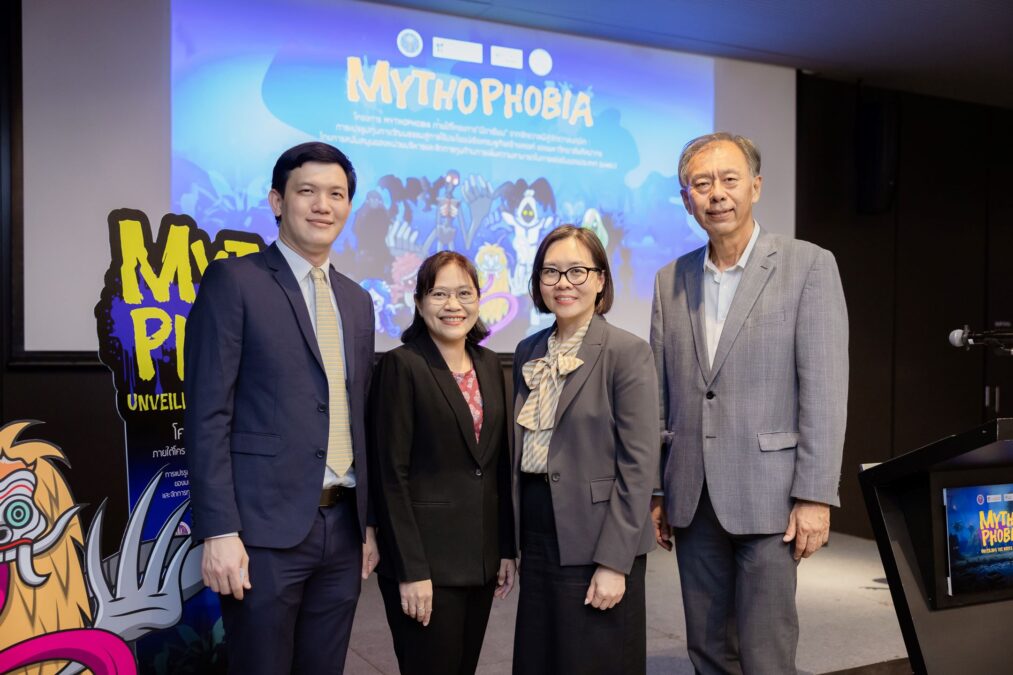
During the event, there was a discussion on ‘ASEAN Ghost Cultural Capital for Creative Economic Utilization’ with three speakers:
– Assistant Professor Dr. Natthaphon Kanchanapoom, Ph.D.
– Mr. Krit Na Lamliang, President of the Thai Animation and Computer Graphics Association
– Mr. Thanach Juwiwat, CEO of Yggdrazil Group Public Company Limited
They shared perspectives on promoting ghost content as cultural capital for practical use. Mr. Krit noted that beliefs in superstition, ghosts, and the supernatural are selling points and content that can reach new generations and foreigners. Mr. Thanach, producer of the famous online game ‘Home Sweet Home,’ mentioned the increasing global interest in ghost beliefs and spirits, allowing Thai culture to be incorporated into games as a rich source for creating new content and marketing strategies. Dr. Natthaphon highlighted the unique and distinct cultural roots of Thailand that can be more clearly communicated. The ‘Mythophobia’ project exemplifies a platform that integrates marketing to develop diverse products.
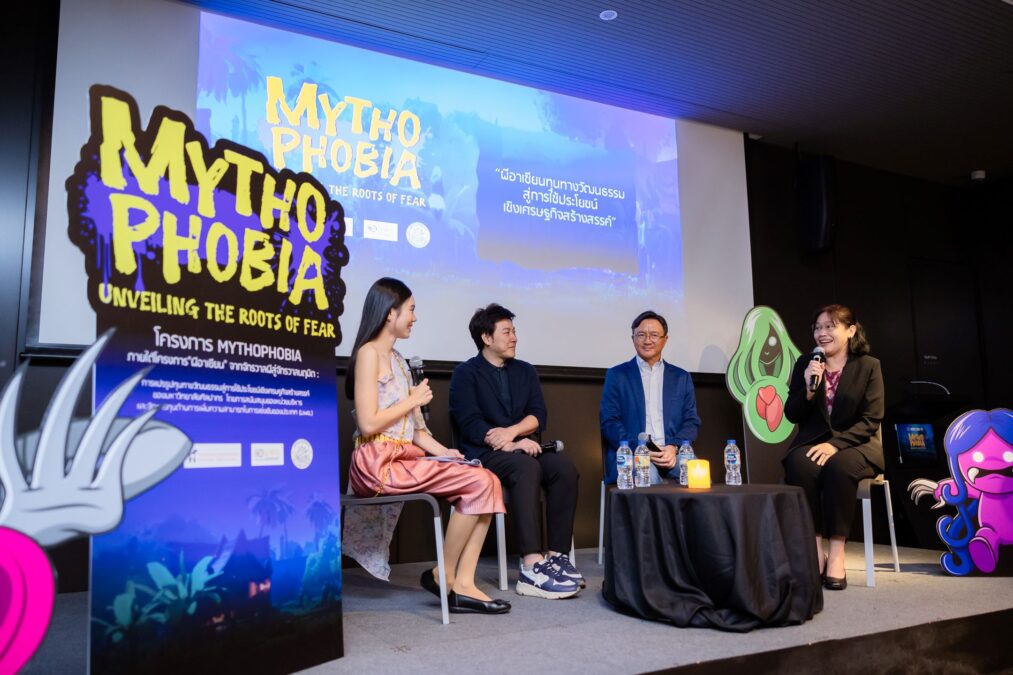
According to a 2022 survey by the Digital Economy Promotion Agency (DEPA), the value of the Thai digital content market in 2022 was 40.518 billion baht. The gaming industry held the largest share, 85%, with imports worth 33.657 billion baht and exports 340 million baht. It is projected that the digital content industry will expand to 44.983 billion baht by 2025, representing about 5% growth from the 2022 total value. This trend indicates significant opportunities and growth, especially in the gaming market.

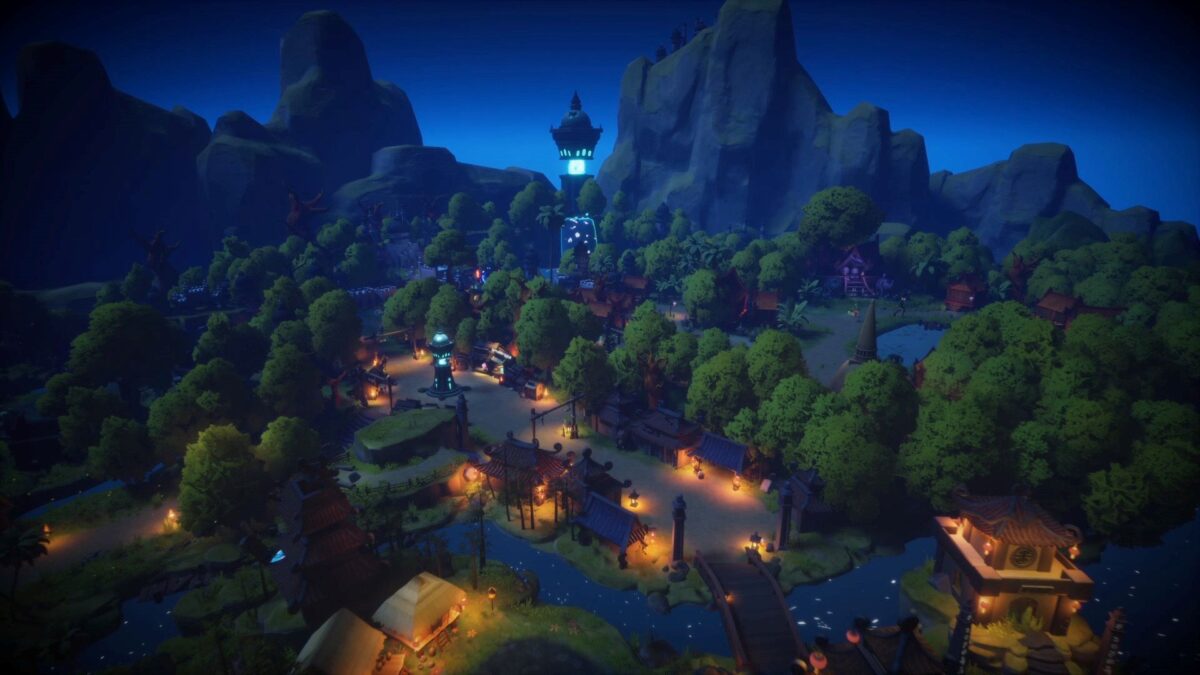
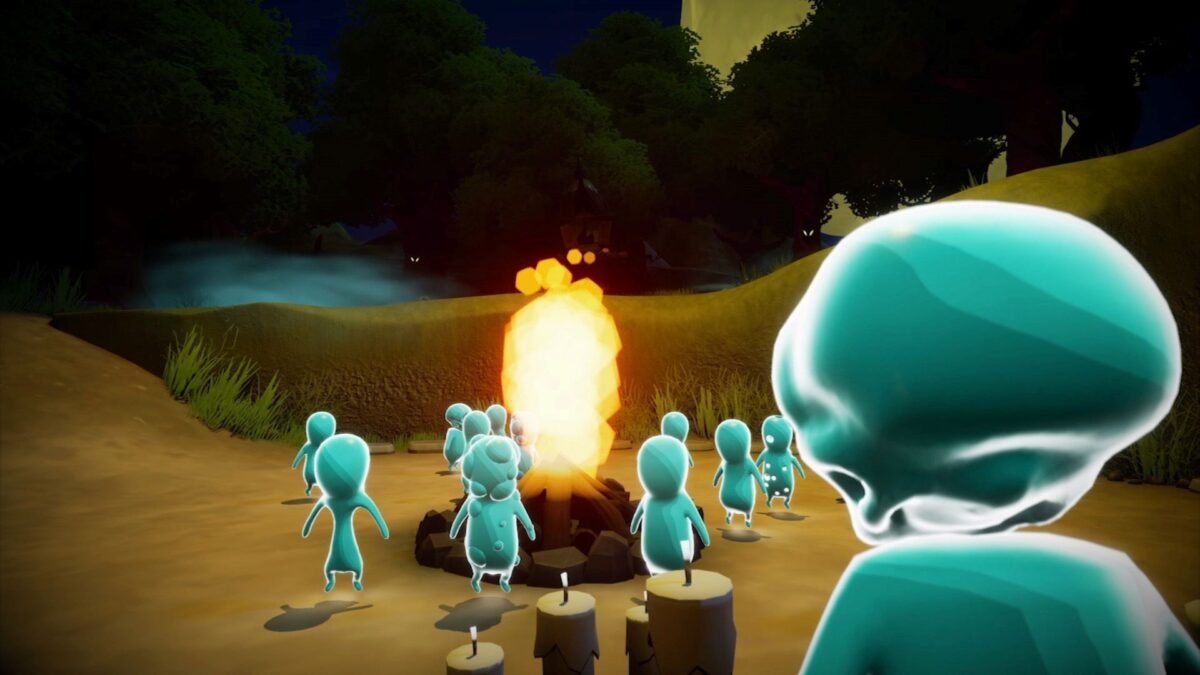
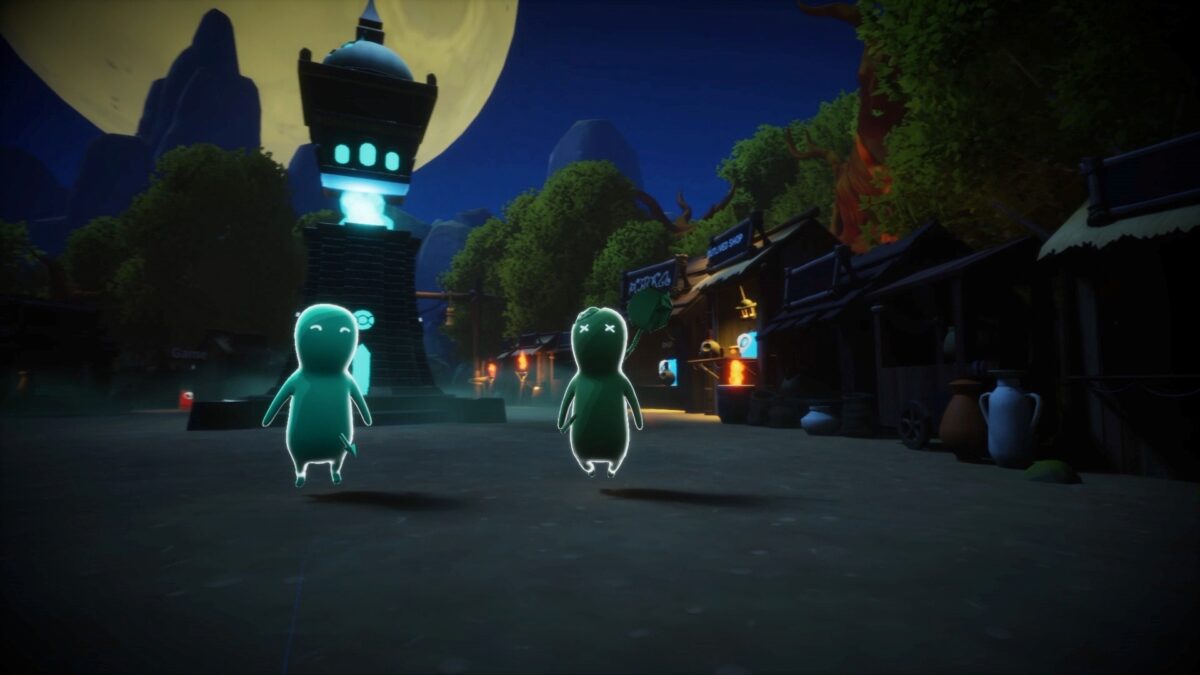
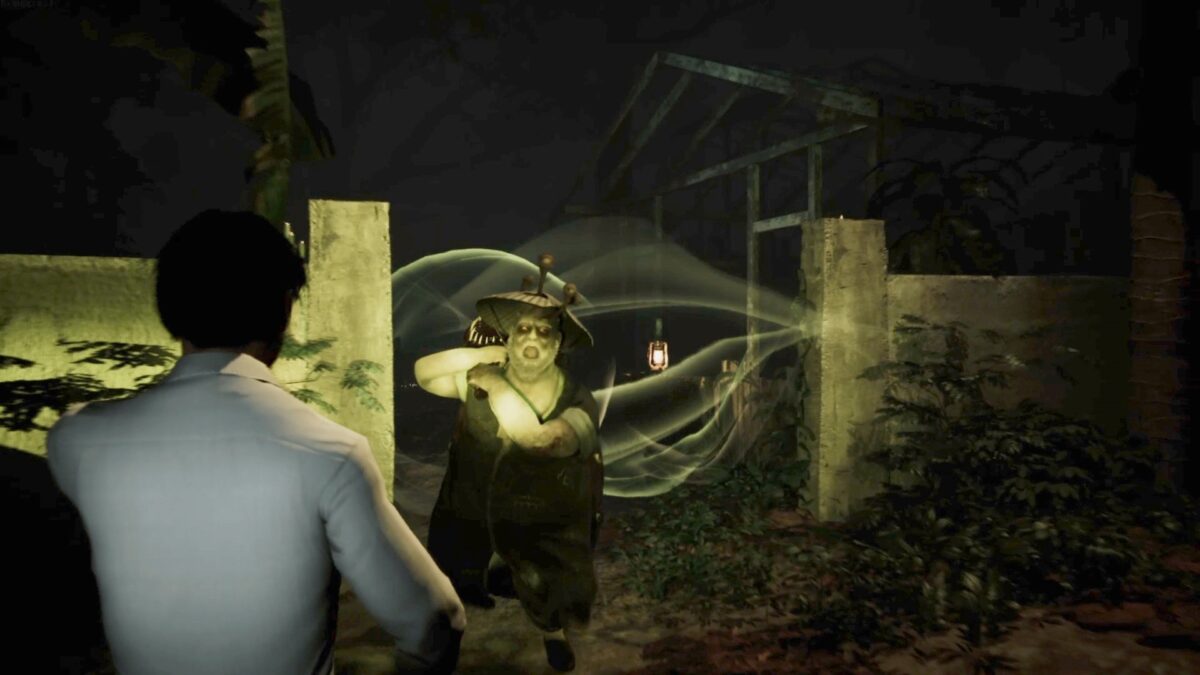
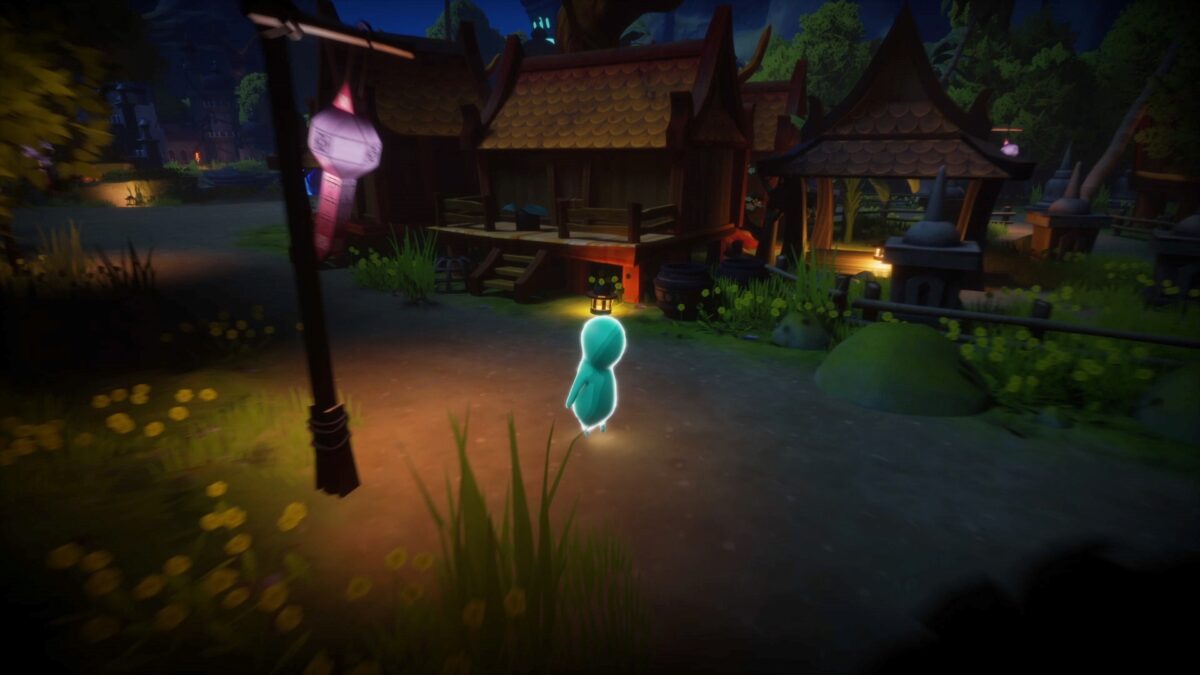
Southeast Asia is a region rich in cultural, religious, and ethnic diversity. But despite this diversity, Southeast Asians, or ‘Austronesians,’ feel a sense of connection and shared belief in spirits and nature, which has become an integral part of our way of life and traditions. ‘Mythophobia’ presents interpretations of these beliefs in the form of a metaverse, game, and digital characters for the younger generation who wish to experience and understand the true meaning of these stories and legends. Join us in exploring and creating Southeast Asian stories, embarking on virtual adventures that bring you into contact with the spirits and nature of Southeast Asia in new ways. The game is divided into two mini-game rooms: ghost hunting and ghost storytelling, within a metaverse game with five spooky zones based on various Southeast Asian beliefs. The ghost culture of ASEAN is categorized into five cultures as follows:
– Traditional beliefs + Buddhism (Thailand, Myanmar, Laos, Cambodia)
– Chinese beliefs (Vietnam)
– Islamic beliefs (Malaysia, Indonesia – Yogyakarta)
– Hindu beliefs (Indonesia – Bali)
– Christian beliefs (Philippines)
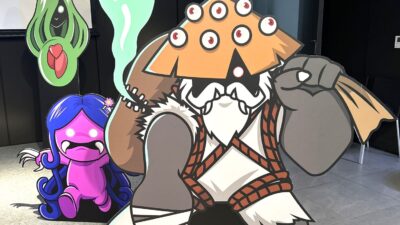
“Mythophobia” will introduce everyone to 25 different types of ghosts from ASEAN countries, such as:
– Jenglot: A small female ghost resembling a doll.
– Ong Ba Bi: According to legend, Ong Ba Bi is a rugged old man with “three sacks, nine straps, and twelve eyes.” He likes to kidnap naughty children using his sack.
– Rangda: The demon queen, depicted as an old naked woman with long disheveled hair, long fangs, long nails, bulging eyes, and sagging breasts, riding a lion as her vehicle.
– Hantu Pocong: Pocong arises from a corpse that is bound too tightly, so the ropes do not loosen within 49 days after burial, causing the spirit to be restless. It is believed that Pocong chases humans to help untie the knots. Anyone brave enough to untie Pocong’s knots will be blessed with good fortune.
– Preta: A type of ghost that had committed severe sins in the past. After death, they must endure hardships as Preta according to the karmic retribution. Preta lives in extreme suffering, often making cries or asking for merit from humans.
– Kongkoi: A forest ghost with an unclear form, usually described as having one leg, moving by hopping on one leg, and making the sound “kongkoi kongkoi.”
– Kraseu: Believed to inhabit the bodies of females, it likes to consume raw, smelly food. Kraseu usually hunts at night, leaving the body at home and moving with only the head and internal organs. It appears as a large, red-glowing light, but most commonly a faint greenish light, and starts hunting from early evening until night, returning to the body before dawn.
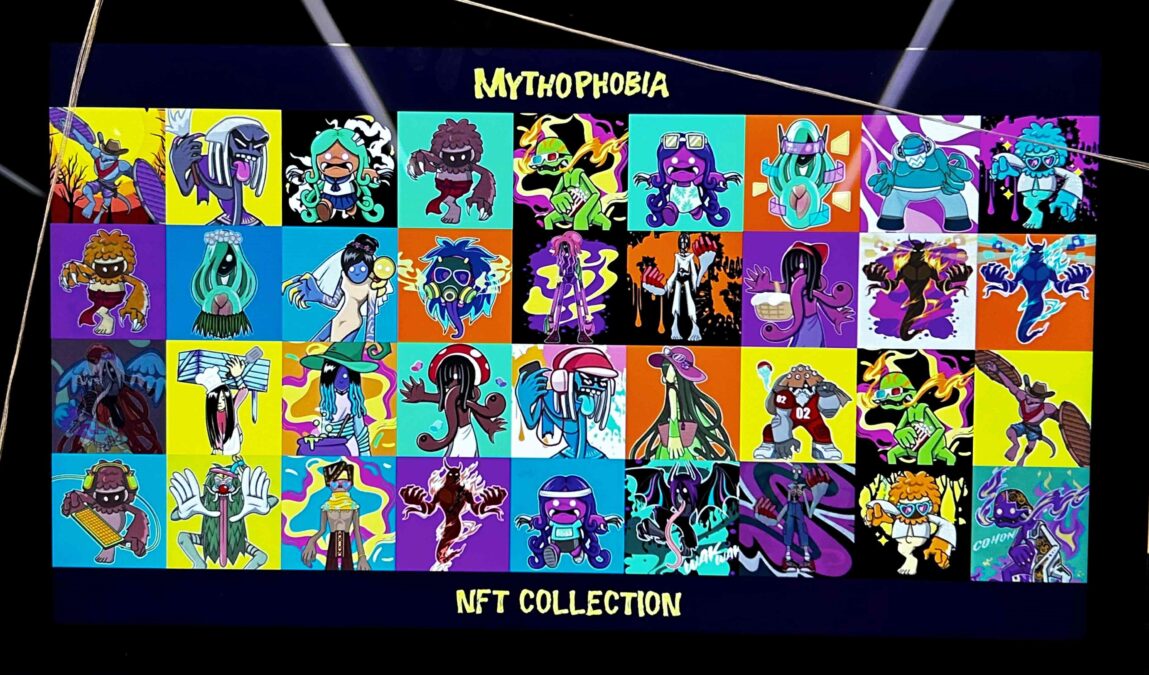
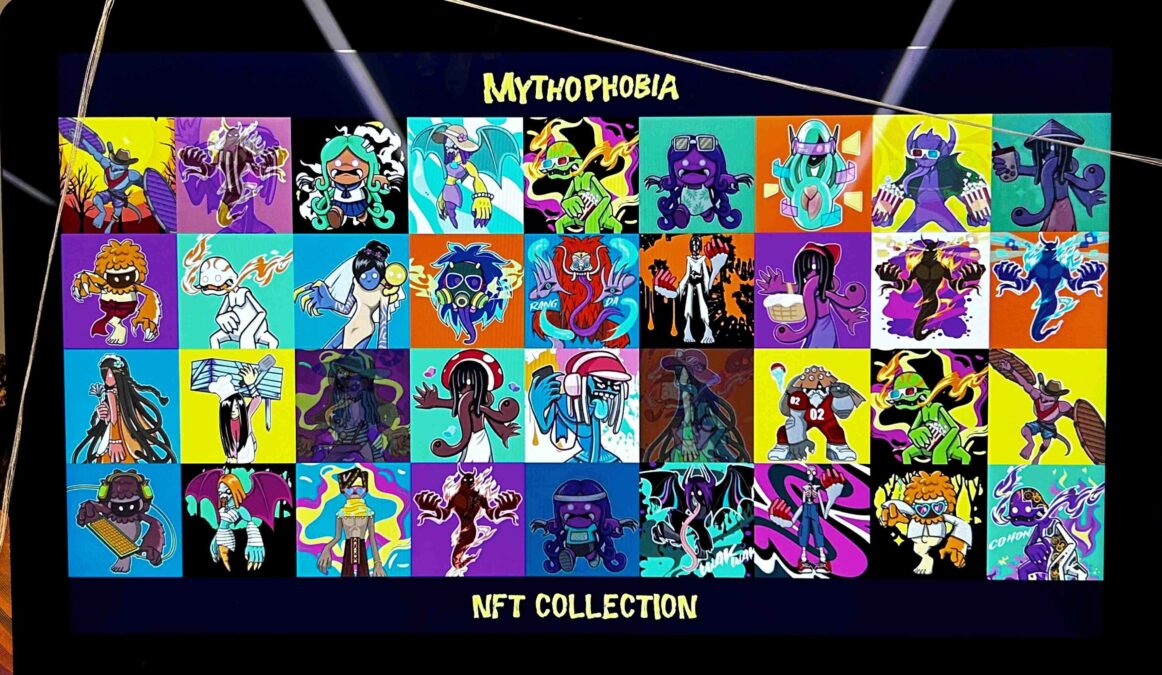
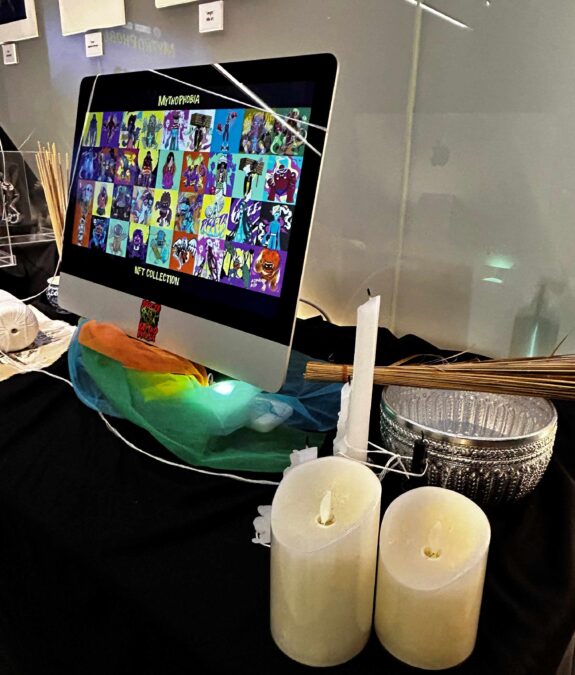
Example of commercializing the Mythophobia story into products.
